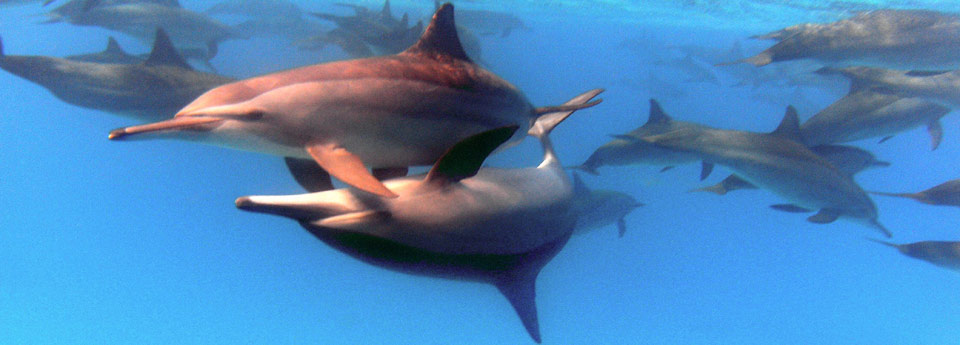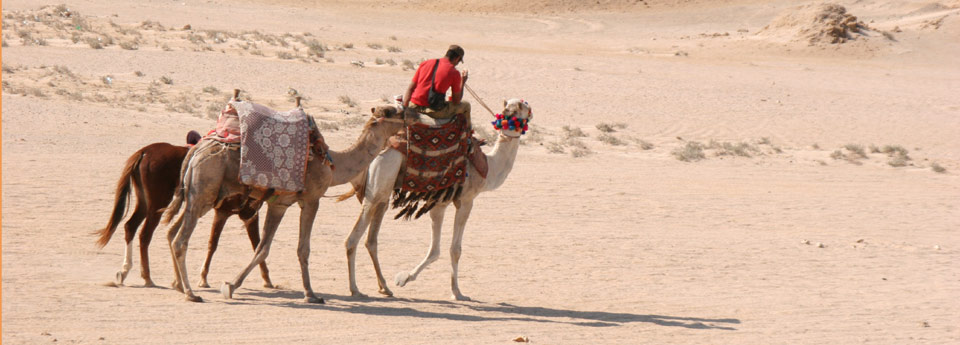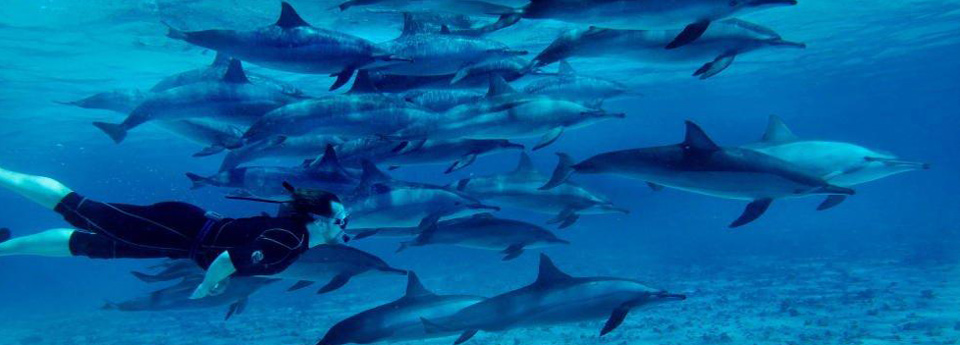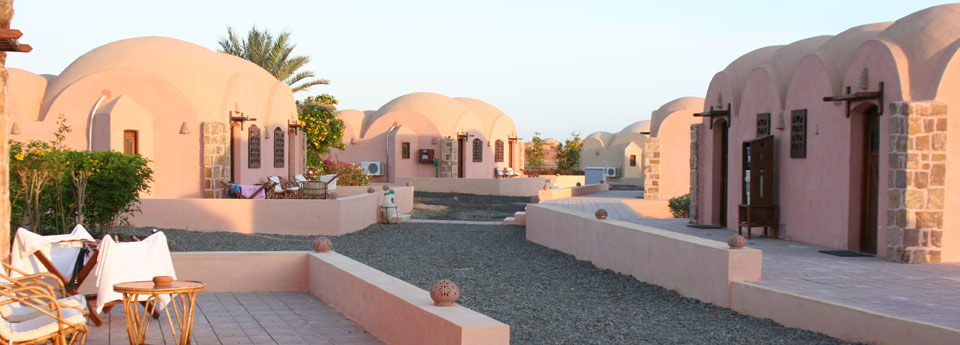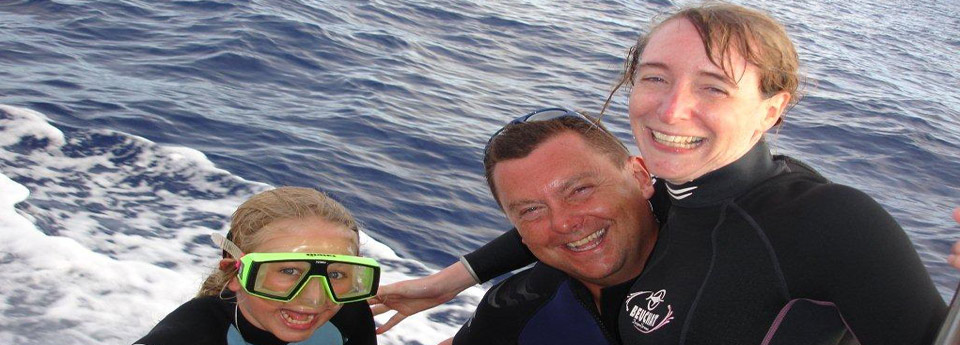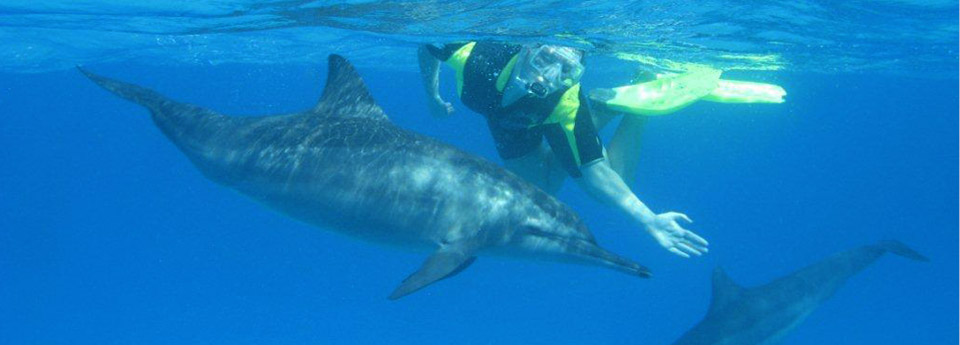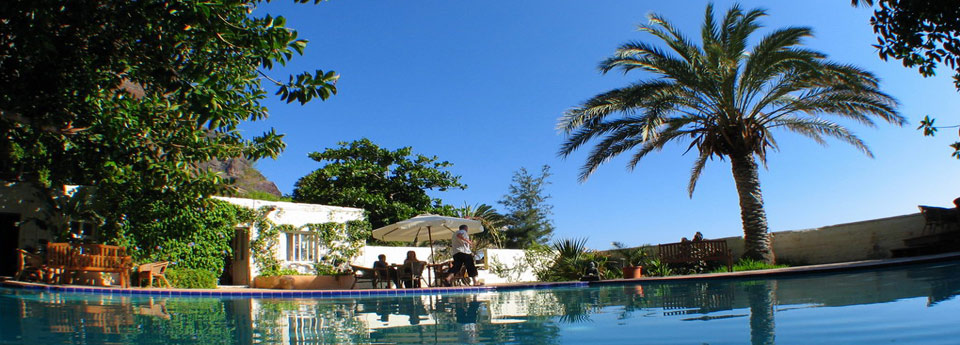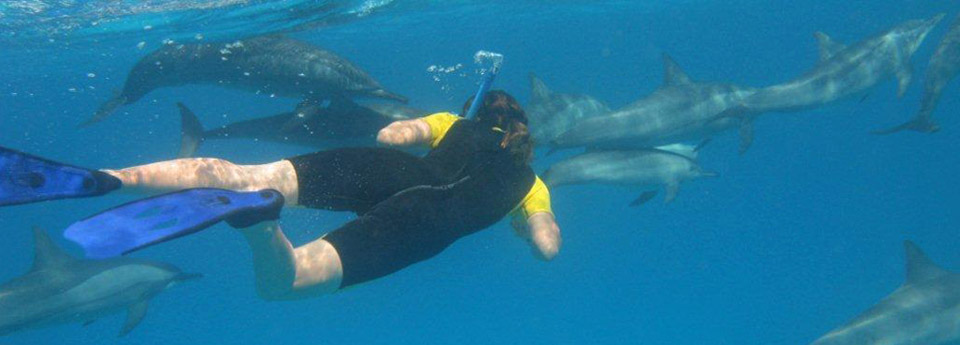Our commitment to the Local Community
We work only with Egyptian owned eco–resorts, companies who employ local workers.
By coming here, you help to provide employment for local people who have would otherwise not have the opportunity to earn good wages in work that allows them to follow their traditional employment on the sea.
Even the resorts environmentally sound waste management system benefits the local community. Organic waste is given to the local Bedouin community for animal feed. Many valuable employment opportunities have also been created in waste collection, transportation, and staffing at the MRF. Further employment and income is also generated through the selling of recyclable material. HEPCA estimates an additional 70 jobs will be created annually in support of its waste management program. Since its inception in 2009, HEPCA’s MRF has recycled nearly 1 million kilograms of waste!
Our resort are committed to protecting local cultural heritage. There are 2 indigenous tribes living around the southern Red Sea and Eastern Desert; the Ababda and Bishariya. Both tribes are descendants of the Beja Tribe which were living as nomadic herdsmen for hundreds of years. Due to a drought in the region that has lasted nearly a decade, these nomadic tribes have been forced to settle closer to the coast. Their cultural heritage & traditions are now being threatened by the intrusion of modern civilization and unsustainable tourism practices. To counter these effects, our team is actively promoting the Bedouin culture and integrating this into the tourism experience. By promoting the Bedouin history and heritage in our tourism program, we ensure a means of income to support the livelihood of the local tribe. Many of these Bedouins have been educated through us and are now acting as tour guides and hosts, promoting their culture and way of life. Other Bedouins and locals (who have traditionally been fisherman) are finding that working as skippers and boat captains is much more profitable and ensures a steady income from the tourism industry. These fishermen still get the satisfaction of working in the sea, with added benefits such as less work hours, higher income, and job stability.
